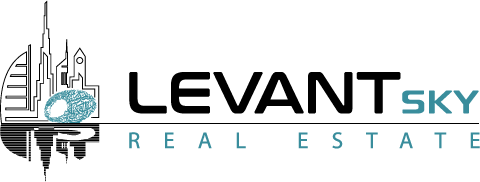The UAE offers a wide range of properties, including residential villas, apartments, townhouses, and penthouses. Additionally, there are commercial properties like office spaces, retail outlets, and warehouses, as well as mixed-use developments.
Yes, foreigners can own property in designated freehold areas. These areas allow full ownership rights, similar to those enjoyed by UAE nationals. Popular freehold areas include Dubai Marina, Downtown Dubai, and Palm Jumeirah.
Investing in UAE real estate offers several benefits, including high rental yields, tax-free income, a growing economy, a safe and secure environment, and the potential for capital appreciation. The UAE’s strategic location and world-class infrastructure further enhance its attractiveness as an investment destination.
The process typically involves selecting a property, negotiating terms, signing a sales agreement, making a down payment, and completing the transaction through a transfer process at the relevant government authority. It’s advisable to work with a registered real estate agent and legal advisor to navigate the process smoothly.
Buyers can opt for mortgage financing from banks and financial institutions. Both UAE nationals and expatriates are eligible for mortgages, subject to the lender’s criteria, such as income level and credit history. Mortgage terms typically range from 10 to 25 years, with varying interest rates.
Generally, there are no restrictions on renting out your property in the UAE. However, landlords must comply with local regulations, including registering the lease with the relevant authorities and adhering to tenancy laws, which govern the rights and obligations of both landlords and tenants.
The UAE does not impose property taxes or capital gains taxes on real estate transactions. However, there are some charges related to property registration and transfers, as well as annual service charges for maintenance and upkeep of the property.
- Dubai: The Dubai Land Department (DLD) charges a registration fee of 4% of the property’s purchase price or the property’s market value, whichever is higher. This fee is typically split between the buyer and seller, with each party responsible for 2%.
- Abu Dhabi: The Department of Municipalities and Transport (DMT) charges a registration fee of 2% of the property’s purchase price.
- Dubai: A municipality fee of 5% is applied to the rental value and is typically charged annually. It is usually divided between the landlord and tenant, with each paying 2.5%.
- Abu Dhabi: The municipality fee is 3% of the annual rent, usually paid by the tenant.
- Dubai: If you are financing your purchase with a mortgage, the DLD charges a mortgage registration fee of 0.1% of the mortgage amount, plus a fixed fee of AED 290.
- Abu Dhabi: Mortgage registration fees are generally 0.1% of the mortgage amount.

